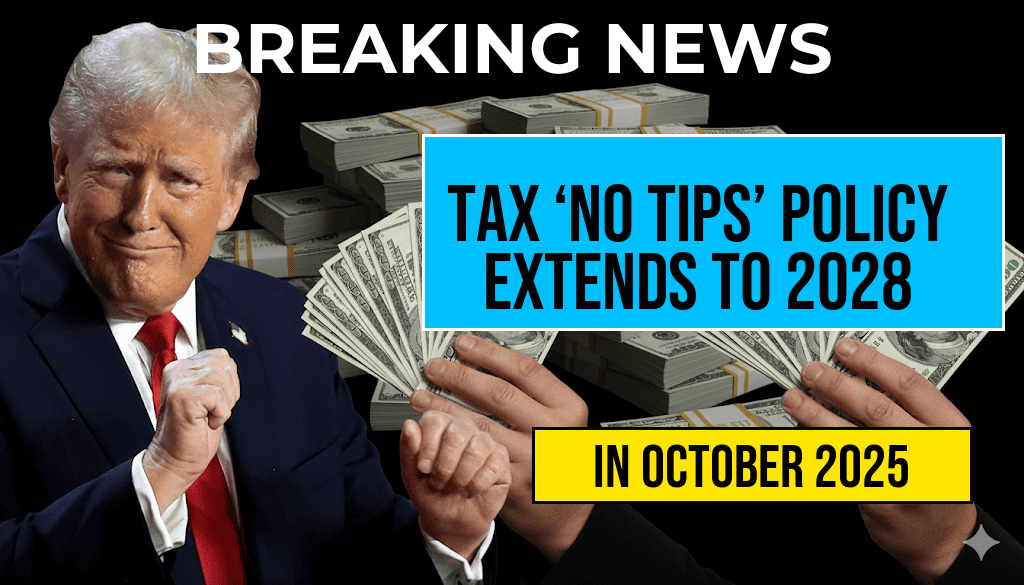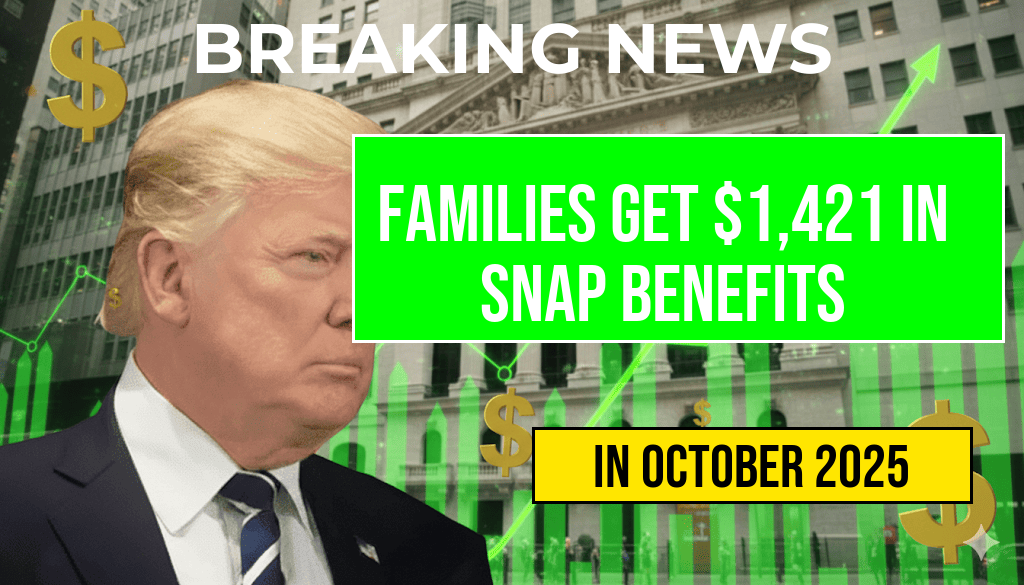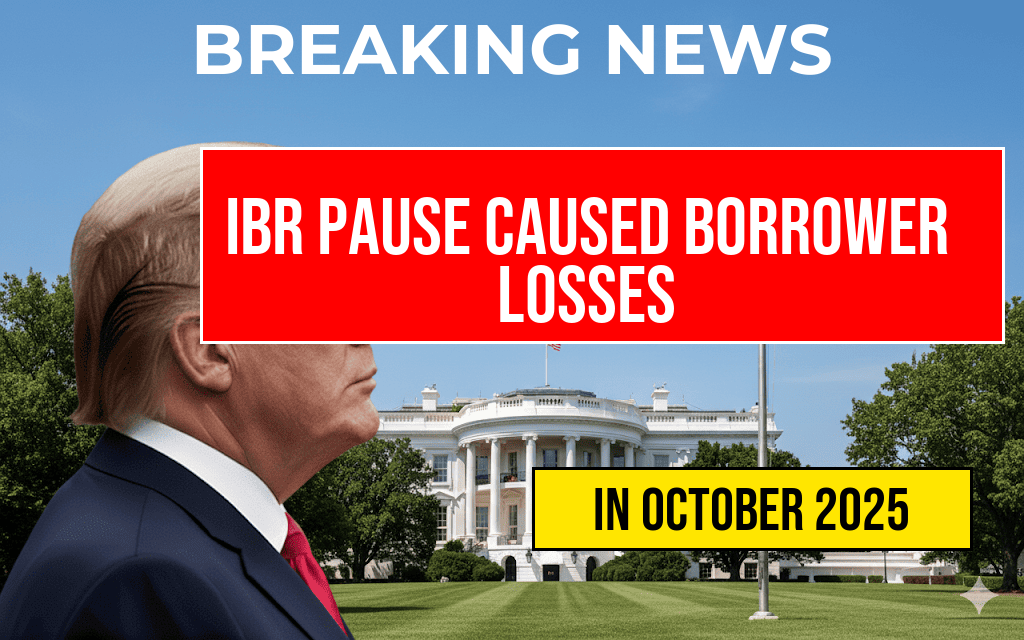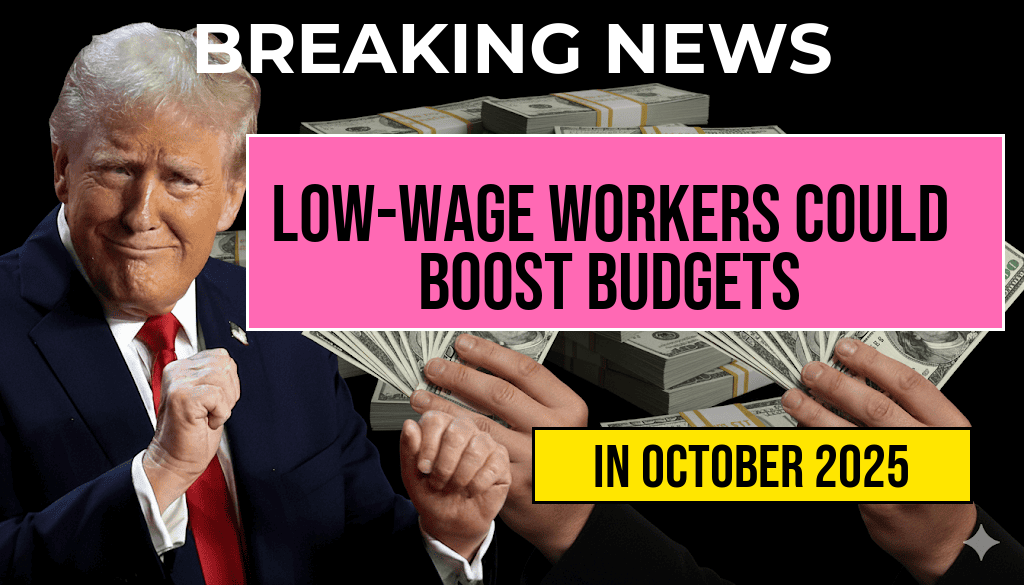The recent extension of the federal tax policy known as the “No Tips” rule, now set through 2028, has significant implications for service industry workers and business owners nationwide. Under this policy, tips received by employees are not subject to federal income tax withholding, but with an annual cap of $25,000, the rule aims to balance tax enforcement with relief for workers who rely heavily on gratuities. This policy extension, announced by the Internal Revenue Service (IRS) earlier this year, underscores ongoing efforts to streamline tax compliance while addressing the realities of the hospitality and service sectors.
Understanding the “No Tips” Policy and Its Scope
Background and Purpose
The “No Tips” policy was initially introduced as a temporary measure to ease tax compliance burdens on tipped employees during a period of economic uncertainty. It allows workers in sectors such as restaurants, bars, and hotels to report tips without the immediate concern of federal withholding, provided their annual tip income does not exceed $25,000. The policy is designed to encourage accurate reporting of tips, which historically has been a challenge for both employees and tax authorities.
Details of the Policy Extension
By extending the policy through 2028, the IRS aims to provide stability for workers and businesses in the service industry. Key features include:
- Annual cap of $25,000 on tip income eligible for the no-tax withholding rule.
- Continued exemption from withholding requirements for qualifying tip amounts.
- Enhanced compliance measures to ensure proper reporting and prevent tax evasion.
This extension aligns with the IRS’s broader strategy to modernize tax collection processes and promote transparency in income reporting.
Impacts on Workers and Employers
Workers’ Perspective
For tipped workers, especially those in high-turnover environments, the policy offers a straightforward way to manage tax obligations. Since tips can constitute a significant portion of income, the $25,000 cap ensures that most workers can benefit from the exemption while still adhering to federal regulations. According to industry surveys, many employees appreciate the reduced paperwork and the clarity provided by the policy.
Business Implications
Employers in the hospitality sector are tasked with maintaining accurate records of tip amounts reported by employees. The policy reduces administrative workload by simplifying withholding procedures for qualifying employees but also necessitates diligent record-keeping to demonstrate compliance. Experts from the National Restaurant Association note that the extension provides stability amid fluctuating economic conditions and changing labor laws.
Potential Challenges and Criticisms
Tax Evasion Risks
Critics argue that the policy could inadvertently encourage underreporting of tips, especially in cash-heavy establishments. While the IRS has implemented measures to monitor compliance, the cap may incentivize some workers to report less than their actual earnings to maximize exemptions.
Equity and Fairness Concerns
Some advocates contend that the $25,000 cap may disproportionately benefit higher-earning servers who reach the threshold, while lower-income workers with smaller tip amounts might not see substantial relief. As tip income varies widely based on location, establishment, and individual performance, the policy’s uniform cap may not adequately address diverse circumstances.
Legal and Policy Context
Related Regulations and Future Outlook
The policy extension aligns with ongoing discussions around wage laws, tip pooling, and labor protections in the hospitality industry. While currently set to expire in 2028, policymakers are closely monitoring its effects to determine if further adjustments are necessary. Additional legislation at the state level may also influence how the federal policy is implemented locally.
Resources and Further Reading
| Source | Link |
|---|---|
| Internal Revenue Service (IRS) | IRS Tip Reporting Guidance |
| Wikipedia – Tipping | Wikipedia Tipping Overview |
| Forbes – Hospitality Industry | Forbes on Hospitality Tax Policies |
Frequently Asked Questions
What is the duration of the new tax ‘No Tips’ policy?
The tax ‘No Tips’ policy has been extended through 2028, providing ongoing clarity for taxpayers and businesses regarding tip reporting and taxation.
What is the annual cap for reporting tips under this policy?
The policy includes a $25,000 annual cap on tips that can be reported without additional documentation, simplifying compliance for many workers.
Who is affected by the Tax ‘No Tips’ Policy?
This policy primarily impacts service industry workers such as waitstaff, delivery drivers, and others who typically receive tips, by providing clearer guidelines on reporting and taxation.
What are the implications of the extension through 2028 for taxpayers?
The extension offers continued certainty for taxpayers and businesses, ensuring that they can plan their finances and tax reporting strategies without concern for sudden policy changes until at least 2028.
Are there any changes to the way tips are reported with this policy?
Under the extended policy, workers can report tips up to $25,000 annually without the need for extensive documentation, streamlining the reporting process and reducing administrative burdens.






